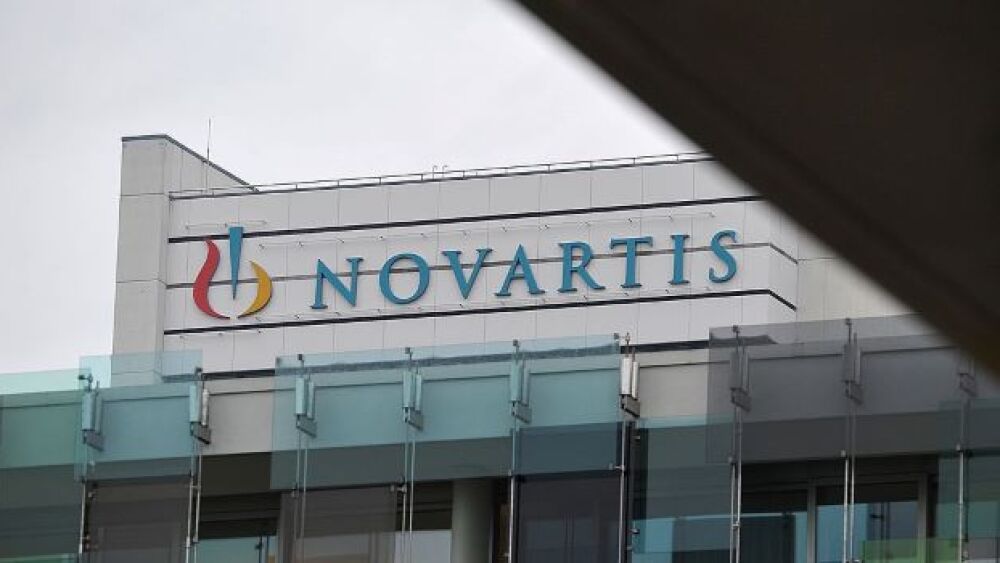Novartis confirmed it is the subject of an investigation by the Swiss Competition Commission over possible unlawful patent use.
Courtesy of Harold Cunningham/Getty Images
On Tuesday, the Swiss Competition Commission opened an investigation into a pharmaceutical company over possible “unlawful” patent use. In a statement, Novartis confirmed Thursday that it is the company in question.
The probe is over Novartis’ alleged use of a blocking patent. It is also accused of launching litigation proceedings against competing products in order to protect its own drug to treat skin diseases.
According to the Commission, such a move might constitute an attempt by Novartis to take advantage of its dominant position in the market, putting the company in violation of the Swiss Cartel Act.
In line with the investigation, representatives of the Commission conducted a dawn raid at Novartis’ headquarters in Basel, Switzerland, a fact Novartis confirmed in its own statement.
A blocking patent covers a particular technology, which in turn prevents later patents from being used, as they rely on the protected technology.
The specific drug in question remains undisclosed. The company’s top-performing dermatology asset is Cosentyx (secukinumab), a human monoclonal antibody for the treatment of plaque psoriasis, psoriatic arthritis and ankylosing spondylitis. In the second quarter of this year, Cosentyx was Novartis’ best-selling drug, raking in $1.275 billion.
Xolair (Omalizumab), a chronic hives medicine, earned $352 million in Q2, up 11% at constant exchange rates.
“Novartis is fully cooperating with the authorities and is confident to clarify the legitimacy of its position,” the company’s statement read, adding that the investigation does not implicate Novartis in any wrongdoing, nor does it carry any substantial financial impact for the company.
In consideration of the ongoing investigation, Novartis has declined to comment on the matter further.
The Swiss regulator is also staying tight-lipped about the investigation.
In an email to BioSpace Vice Director of the Competition Commission Olivier Schaller said that while the raid was meant to find and seize evidence, he cannot reveal details about it. Schaller is also unable to provide details of how the company might have wrongly used the blocking patent.
The Latest in a Long List of Legal Developments
Thursday’s confirmation of the blocking patent investigation is the latest in a string of legal developments for Novartis.
On Wednesday, a federal judge in Manhattan dismissed a whistleblower lawsuit, which alleged that Novartis paid doctors kickbacks to promote and prescribe its multiple sclerosis drug, Gilenya.
The whistleblower, Stephen Camburn, a former sales representative with the company, will appeal the decision.
In June, Novartis suffered a setback after a U.S. appeals court reversed its 2020 decision regarding a patent dispute over Gilenya’s dosing regimen against Chinese drug maker HEC Pharm. The legal scuffle between the two companies started when HEC filed an Abbreviated New Drug Application in hopes of manufacturing a generic version of Gilenya.
The court had previously ruled in favor of Novartis, potentially securing Gilenya’s revenue stream through 2027.






